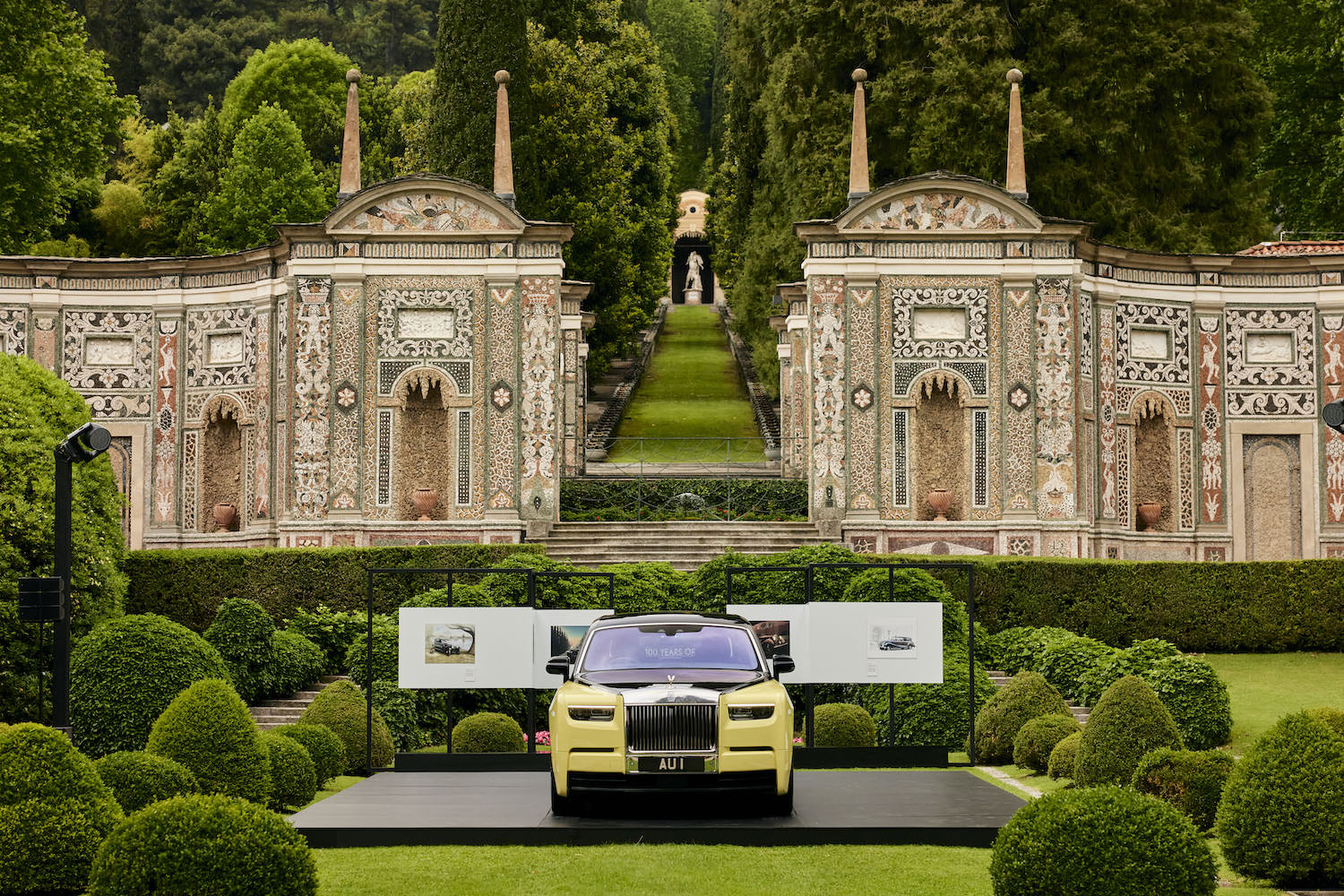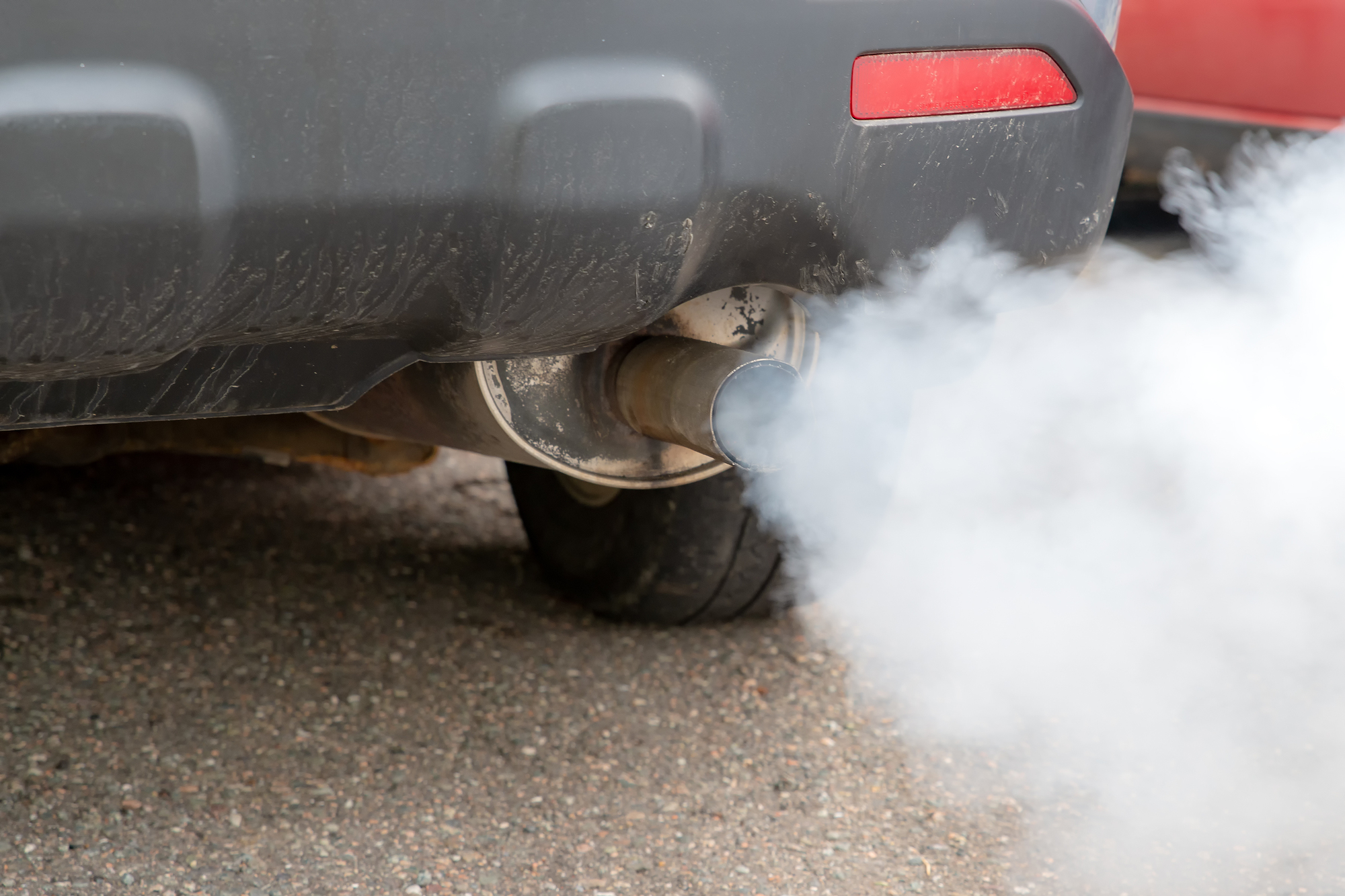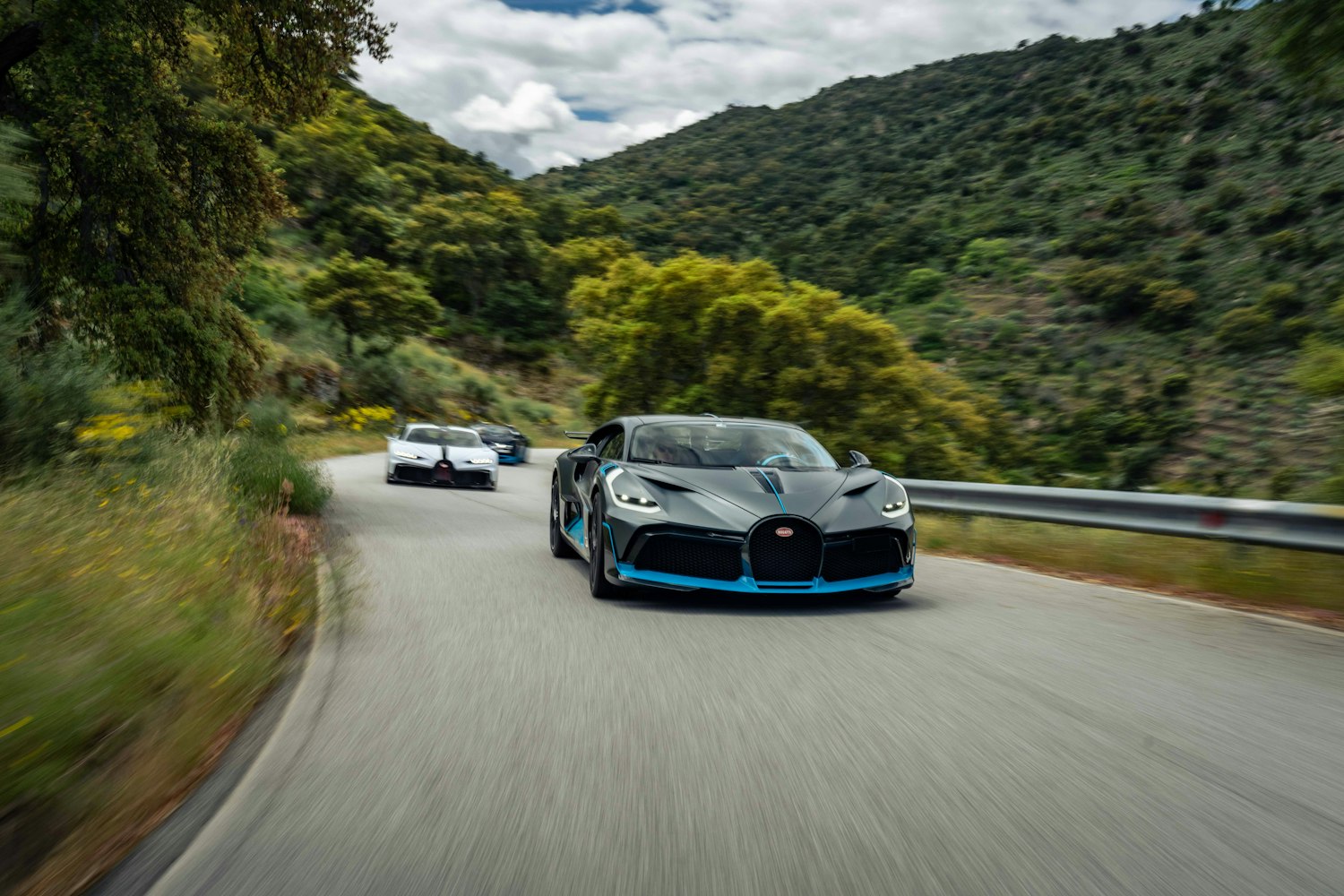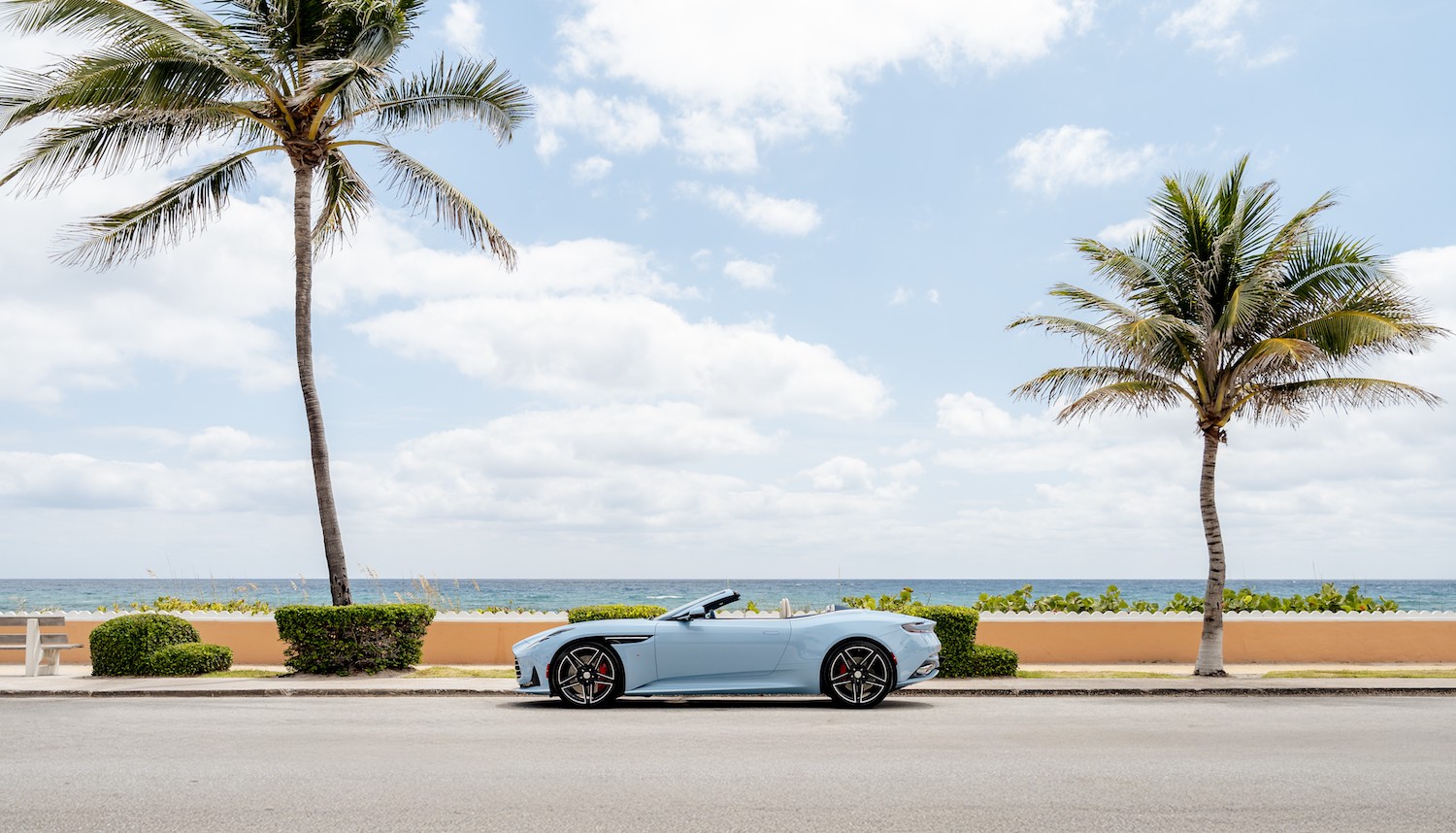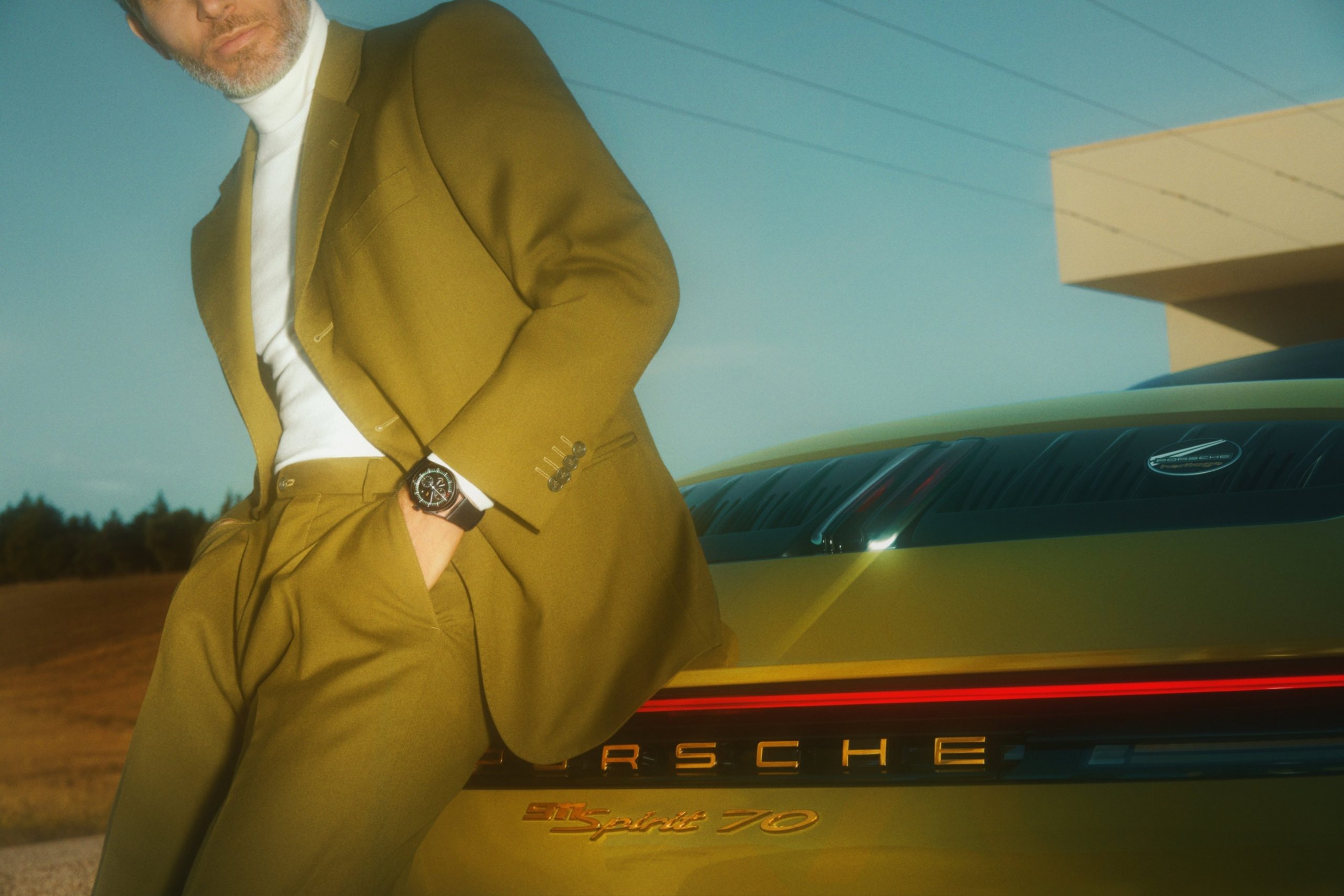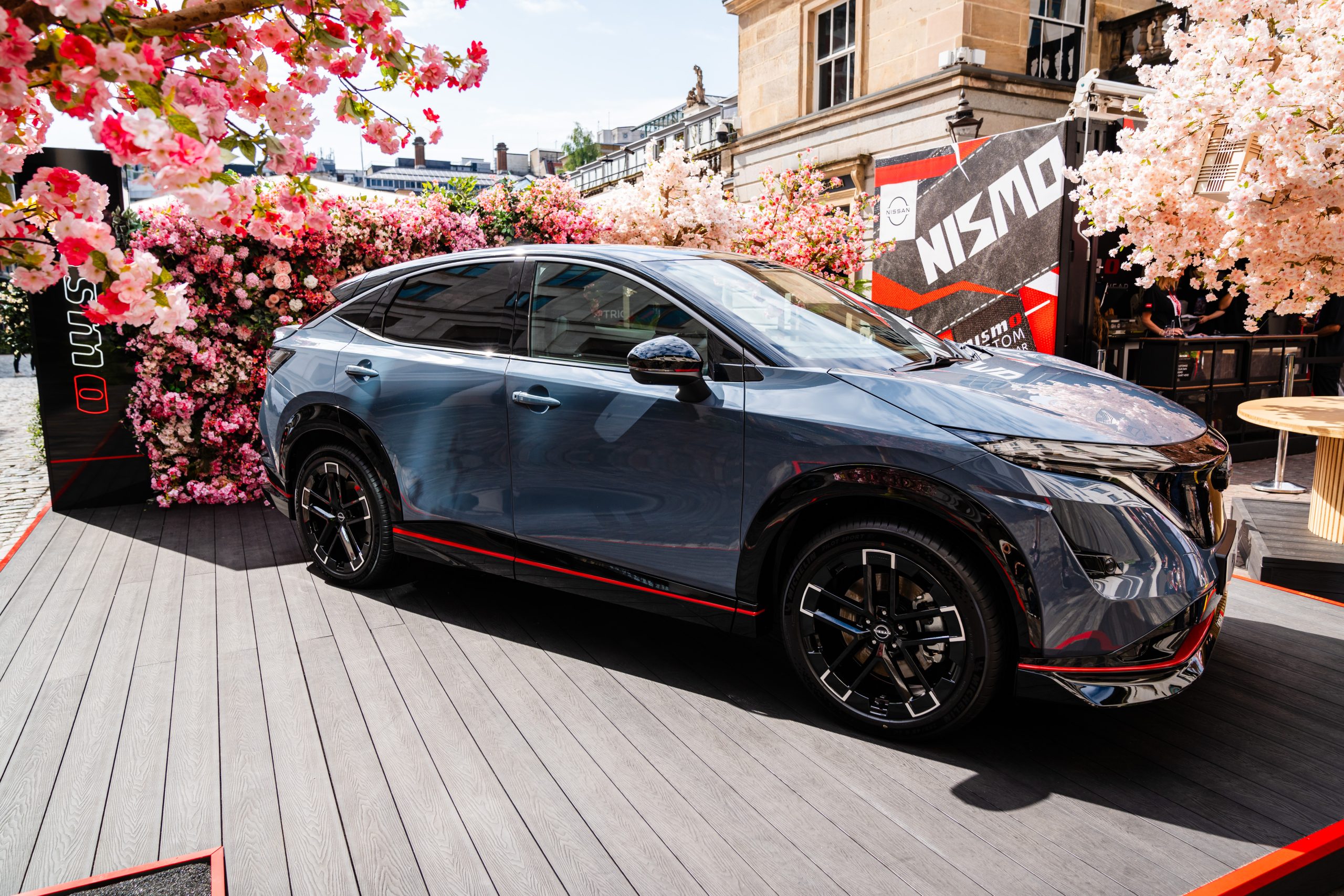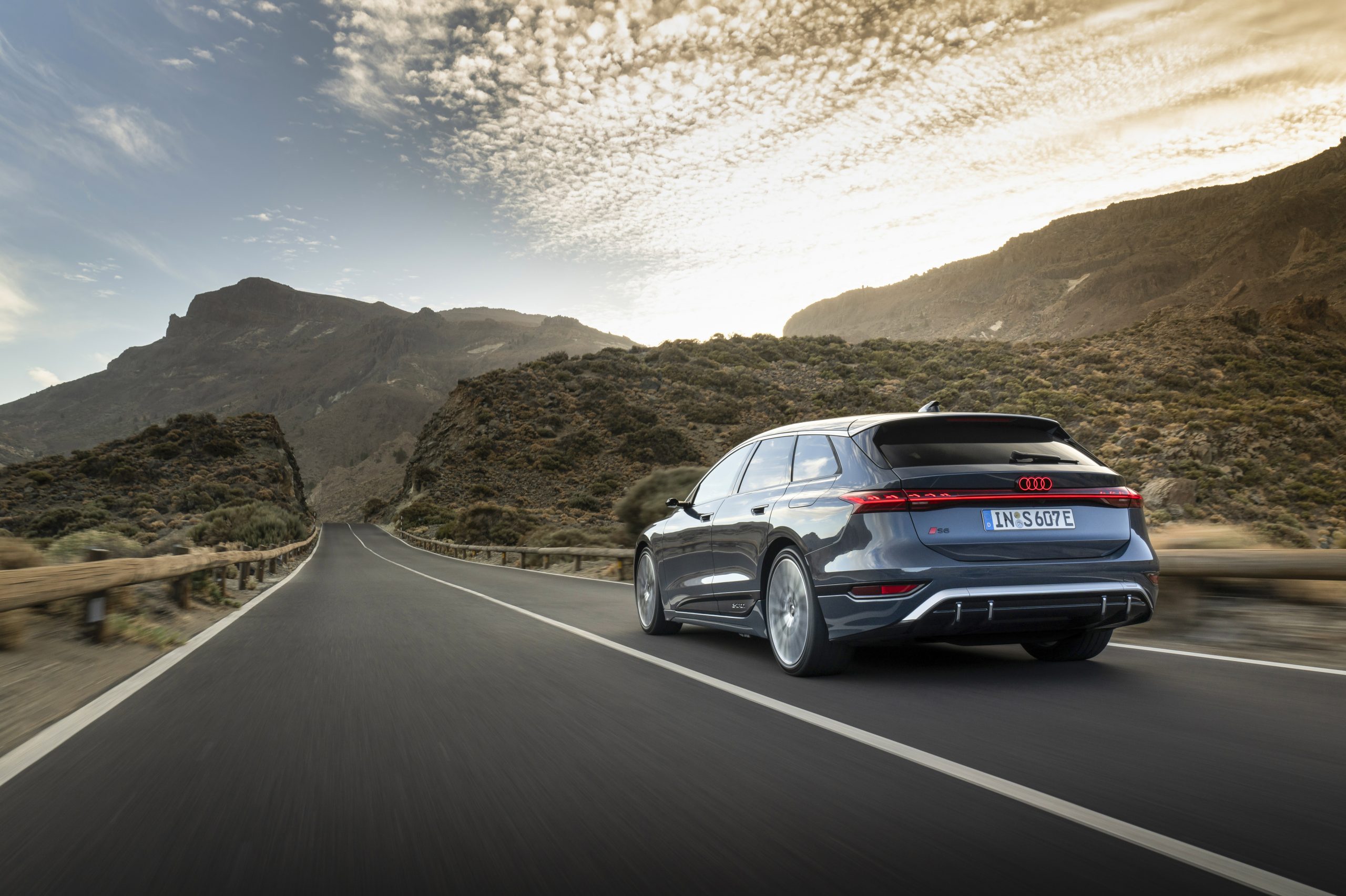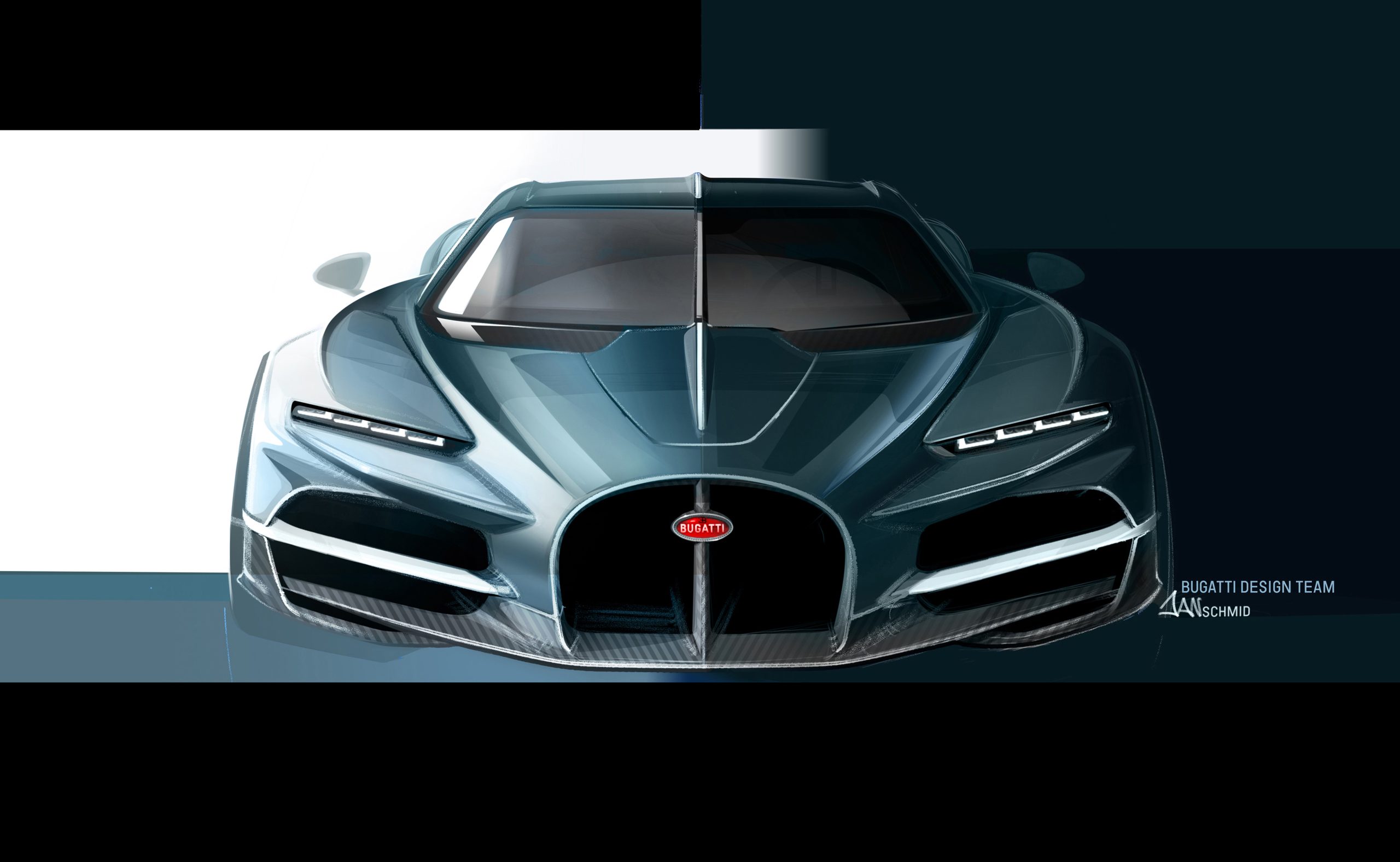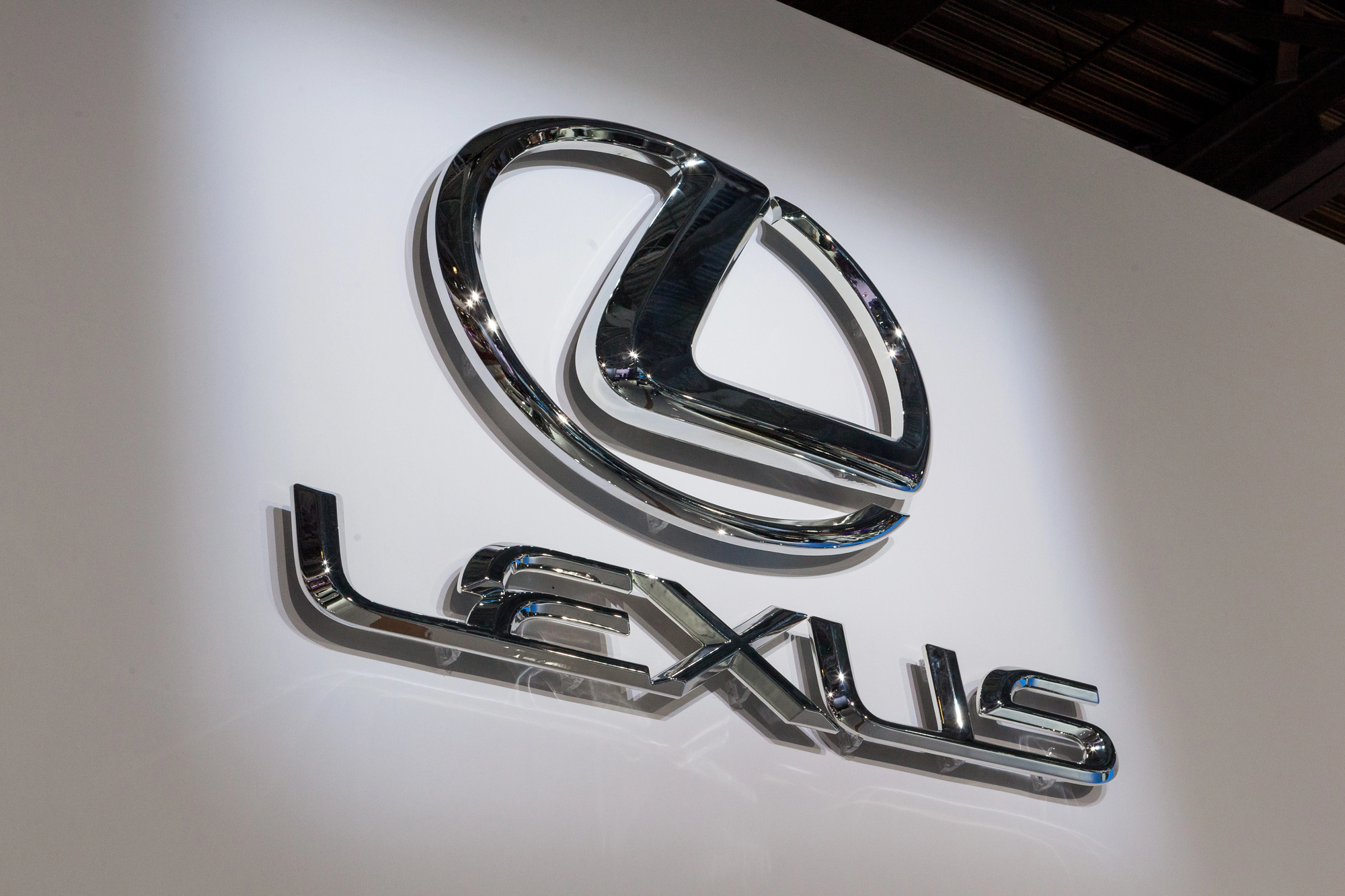How Fast Can A Lamborghini Go? Unveiling Top Speed Capabilities
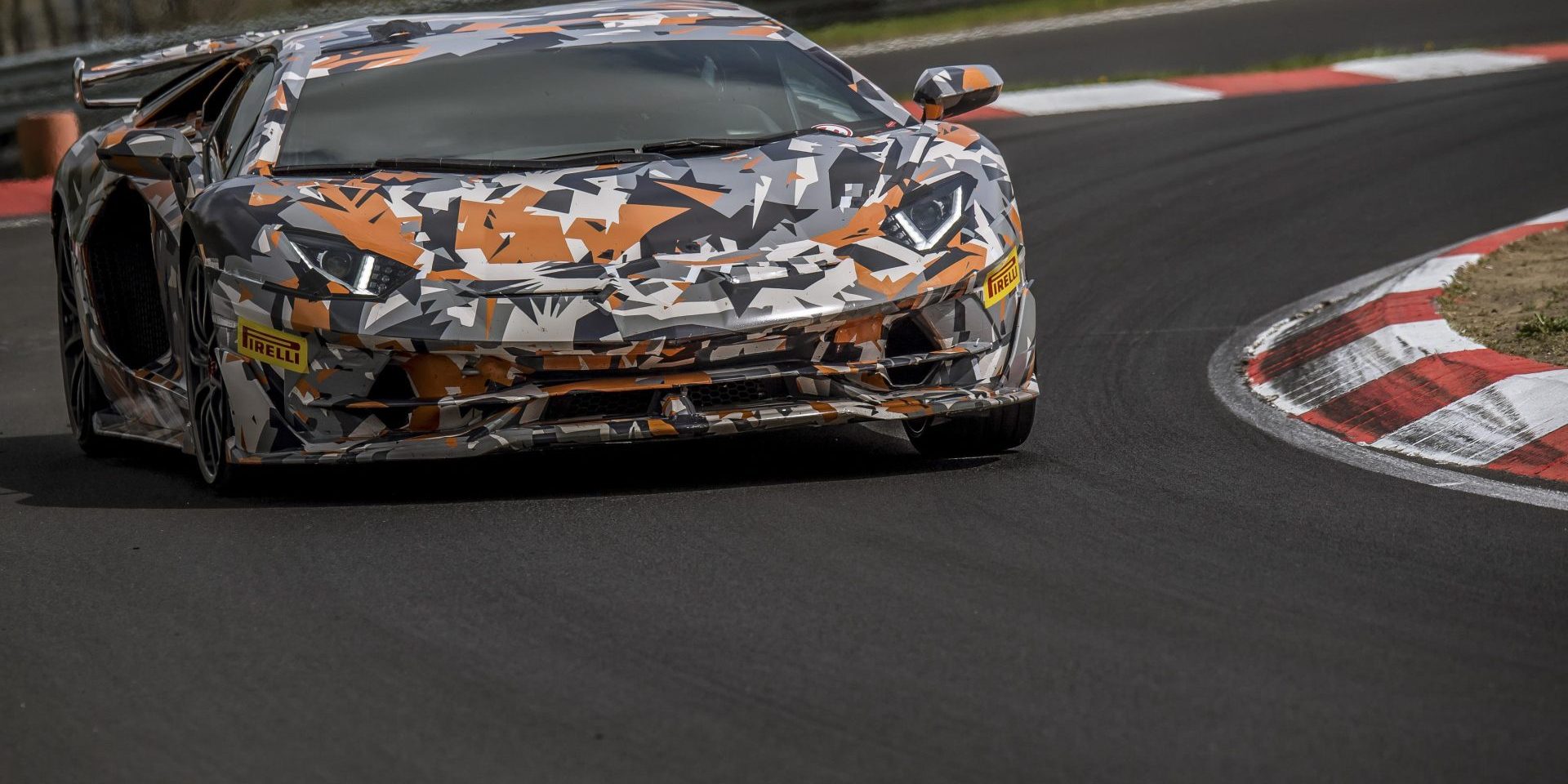
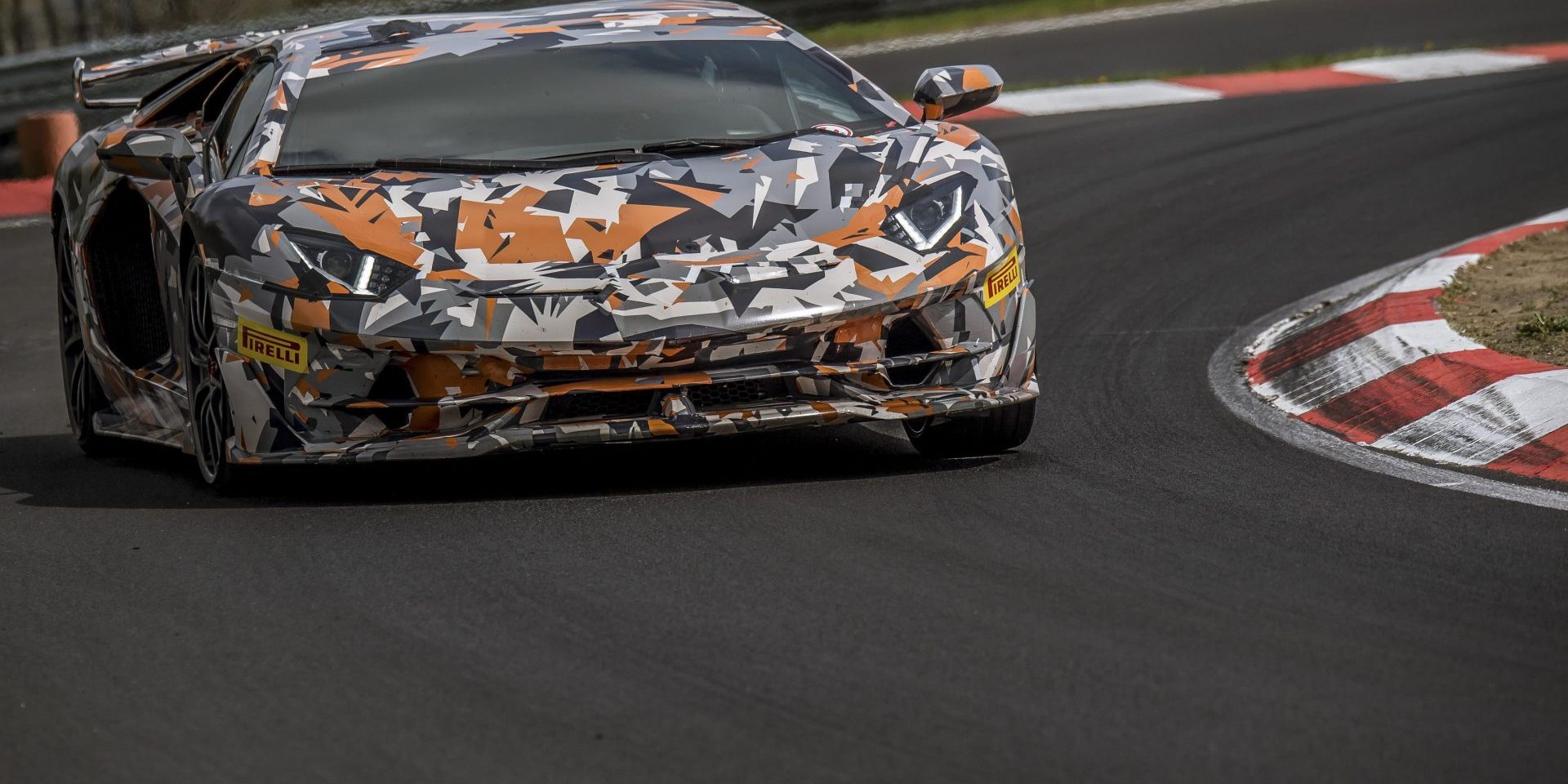
When it comes to high-performance sports cars, a common question is “How fast can a Lamborghini go?” Lamborghinis are known for their astonishing speed capabilities, with many models reaching well over 200 miles per hour. Notably, the Lamborghini Sian can accelerate from 0 to 62 mph in just 2.8 seconds, achieving a top speed exceeding 217 mph. The brand’s commitment to speed is also evident in the Huracan and Aventador which are among their quickest models.
Lamborghini continuously pushes the limits of automotive engineering to produce vehicles that combine speed, power, and sleek design. With engines such as the mid-mounted 5.2-liter V10 in the Huracan, Lamborghini’s cars are designed for extraordinary performance. The exceptional capabilities of these Italian sports cars are not only confined to straight-line speed but also extend to handling, braking, and aerodynamics, which altogether enhance the driving experience.
Key Takeaways
- Lamborghinis are well-regarded for their high speed, with top speeds surpassing 217 mph.
- The Sian and the Huracan exemplify Lamborghini’s engineering focused on performance, achieving 0 to 62 mph in less than three seconds.
- In addition to top speed, design advancements in handling and aerodynamics also contribute to the driving dynamics of Lamborghini models.
Lamborghini Brand Overview
Lamborghini is recognized for its high-performance sports cars and supercars, which embody the essence of speed and Italian engineering. This section will provide insights into Lamborghini’s legacy and its evolution through various models that have set benchmarks in the automotive industry.
History and Significance
Lamborghini was founded in 1963 by Ferruccio Lamborghini with an ambition to compete with established performance car manufacturers. The brand quickly became a symbol of luxury, power, and bold design, sometimes referred to as “raging bulls,” a nod to the founder’s fascination with bullfighting. The Lamborghini Miura, introduced in 1966, is often considered the first true supercar and played a pivotal role in establishing Lamborghini’s reputation.
Models and Milestones
Over the years, Lamborghini has consistently launched vehicles that push the boundaries of automotive design and performance:
- Miura: Launched in 1966, regarded as the precursor to high-performance sports cars.
- Countach: Known for its distinctive wedge-shaped design, it became an icon after its 1974 release.
- Espada & Islero: Introduced in the late 1960s and demonstrated Lamborghini’s range with 4-seat layouts.
- Jarama & Jalpa: Unveiled in the 1970s and 1980s, catered to a market seeking a more subtle supercar experience.
- LM002: Lamborghini’s unique foray into off-road vehicles, a luxury SUV released in 1986.
- Diablo & Murciélago: Flagship V12 models that furthered the brand’s image as producers of extreme performance cars.
- Gallardo: Introduced in the early 2000s, it became one of the best-selling models due to its V10 engine and dynamic performance.
- Aventador & Huracán: Representing the modern face of Lamborghini, they offer technological advancements and continuing the lineage of V12 and V10 engines.
- Urus: The super SUV redefines what an SUV can be with its balance of luxury, sportiness, and performance.
- Veneno & Centenario: Limited editions that serve as a testament to Lamborghini’s advancements in design and aerodynamics.
- Sesto Elemento & Lamborghini Sian FKP 37: Showcasing innovative use of materials and hybrid technologies.
Limited series and special editions like the Lamborghini Aventador SVJ Roadster and the Lamborghini Huracán Performante Spyder were also instrumental in reinforcing Lamborghini’s position in the segment of elite sports cars.
Performance Fundamentals
Lamborghini’s remarkable performance is rooted in its advanced engineering and design, which combines powerful engine specifications, efficient aerodynamics, and meticulous attention to design.
Engine Specifications
Lamborghini vehicles typically feature a range of high-powered engines, including V-8, V-10, and V-12 configurations. Naturally-aspirated versions, such as the V-12 engine in the Aventador, and the twin-turbocharged 4.0-liter V-8 in the Urus SUV, are staples of their lineup. These engines deliver immense horsepower and torque, providing the necessary thrust for formidable acceleration.
- Engine Types:
- V-8: Twin-turbocharged 4.0-liter, found in the Urus
- V-10: Naturally-aspirated, equipped in models like Huracán
- V-12: Naturally-aspirated, powering the Aventador
- Power Output:
- Horsepower: Range from 641 hp (Urus) to upwards of 759 hp (Aventador SVJ)
- Torque: Varies, with the Urus offering 626 lb-ft
Aerodynamics and Design
Lamborghini incorporates advanced aerodynamics in its design philosophy, optimizing airflow to reduce drag and improve stability at high speeds. This results in a performance that is as visually striking as it is technically proficient.
- Design Features:
- Active Aerodynamics: Adjustable components that modulate airflow
- Body Shape: Sculpted for reduced drag and enhanced downforce
Acceleration and Speed Records
Acceleration times and top speed are hallmarks of Lamborghini’s reputation for speed. High-performance models like the Huracan and Aventador boast 0-60 mph times under 3 seconds, with top speeds exceeding 200 mph. The Sian, representing a foray into hybrid technology, showcases acceleration from 0-100 km/h (0-62 mph) in 2.8 seconds, achieving speeds over 350 km/h (217 mph).
- Acceleration and Top Speed:
- 0-60 mph: 2.8 seconds (Urus), 2.9 seconds (Huracan, Aventador)
- Top Speed: Exceeds 217 mph (Aventador, Sian)
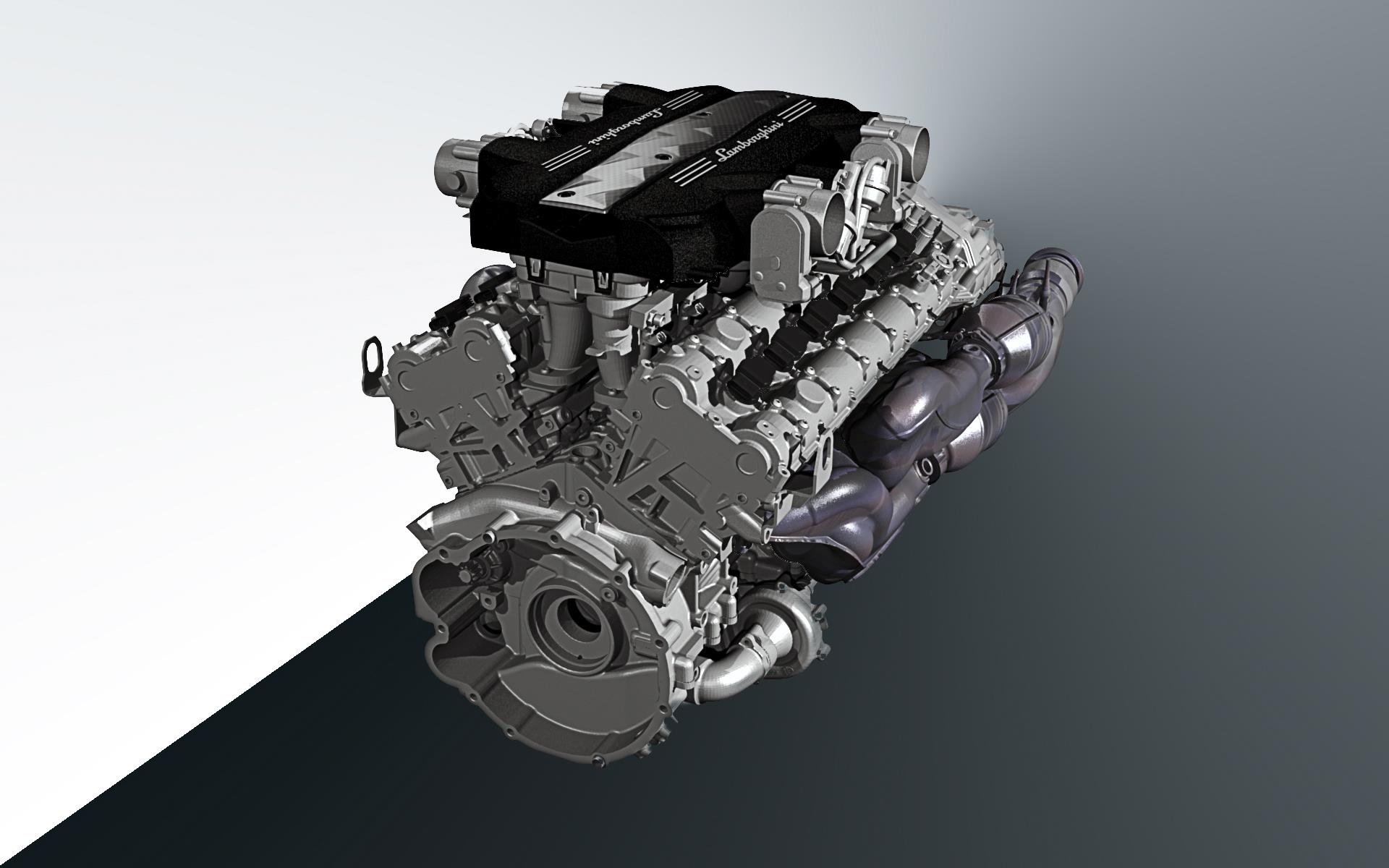
Lamborghini’s Fastest Models
Lamborghini’s lineup of hyper-fast vehicles continues to push the boundaries of speed and performance. With top-tier engineering, each model in their fleet is built to break records and deliver an exhilarating driving experience.
Aventador SVJ and Its Contemporaries
The Lamborghini Aventador SVJ stands out as a pinnacle of speed among its peers. This model is equipped with a formidable V12 engine that allows it to sprint from 0-62 mph in just 2.8 seconds, and its top speed soars to 217 mph. The Aventador has consistently been among the fastest Lamborghinis, pairing speed with groundbreaking design.
Veneno: An Unmatched Experience
The Lamborghini Veneno is a rare gem with production limited to just a few units. Its 6.5-liter V12 engine delivers remarkable power, enabling the Veneno to reach speeds that set it apart from the typical production car. Limited availability makes each Veneno a highly coveted masterpiece of speed and design.
The Uniqueness of Lamborghini Centenario
Celebrating the 100th anniversary of founder Ferruccio Lamborghini’s birth, the Lamborghini Centenario is a tribute to innovation. Known for its limited production run, it can accelerate from 0-60 mph in just 2.8 seconds, making it one of the fastest Lamborghinis built as a testament to the brand’s long-standing heritage.
Rising Stars: Huracan Performante and Urus
The Lamborghini Huracan Performante has shattered expectations, setting records at tracks like the Nürburgring with its naturally aspirated V10 engine and active aerodynamics. Meanwhile, the Lamborghini Urus, an SUV unlike any other, brings exceptional performance to a more versatile package, creating a vehicle that excels in both speed and utility.
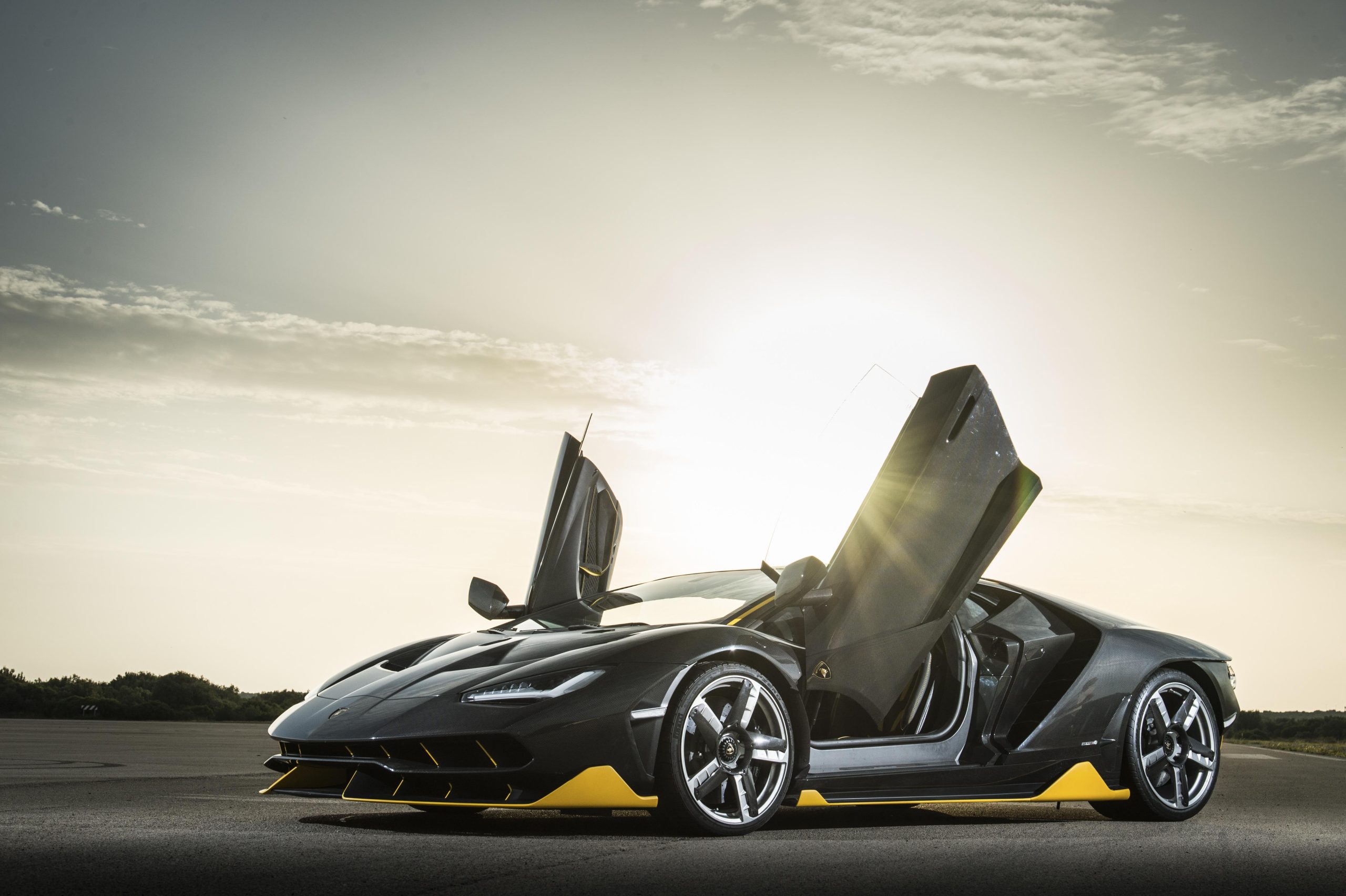
Technological Innovations
Lamborghini’s progress in performance is driven by significant advancements in engine technology and the emergence of hybrid powertrain systems. These developments have contributed to the brand’s lineup of supercars that boast remarkable speed and power.
Advancements in Engine Technology
Lamborghini is renowned for its powerful Aventador engine, a V12 power unit known for its high performance and the impressive sound it generates. This engine design has been a crucial element in achieving the incredible top speeds for which Lamborghini is known. For example, the Lamborghini Aventador SVJ has a 6.5-liter V12 engine that produces 770 horsepower, enabling it to achieve a top speed of approximately 217 mph. The combination of advanced engine mechanics and aerodynamic design allows for these vehicles to operate at the pinnacle of efficiency and power.
Hybrid and Future Models
Looking to the future, Lamborghini is integrating hybrid powertrain technology into its supercars. The Lamborghini Sián FKP 37 is an example of this shift, as it is the brand’s first hybrid model. It pairs a V12 engine with electric technology for improved performance. This hybrid system not only boosts power but also employs torque vectoring to ensure optimal distribution of power to each wheel for superior handling. The Sián, with its 819 horsepower, showcases Lamborghini’s commitment to blending traditional power with modern technology for the next generation of supercars.
Ownership Experience
Owning a Lamborghini offers a unique blend of high-speed performance with the allure of exclusivity and a thriving community culture.
Exclusivity and Customization
Limited edition models like the 50th anniversary Aventador or the Huracán Performante elevate the ownership experience by providing a select few with vehicles that are not only exotic and powerful but also enriched with a heritage of “raging bulls.” Lamborghini’s Ad Personam program allows for extensive customization, permitting owners to tailor their Lamborghini’s aesthetics to their personal taste. This customization ranges from paint colors and interior materials to bespoke badging, ensuring that each Lamborghini can become as individual as its owner.
Community and Brand Events
Lamborghini owners are invited to join an inclusive community that celebrates the brand through various events. These gatherings range from local meet-ups to international celebrations like Lamborghini’s Grande Giro, commemorating milestones such as the 50th anniversary. Additionally, owners enjoy access to exclusive events where they can drive their supercars on world-class racetracks or attend luxury lifestyle events, allowing them to connect with fellow enthusiasts and celebrate the Lamborghini lifestyle.
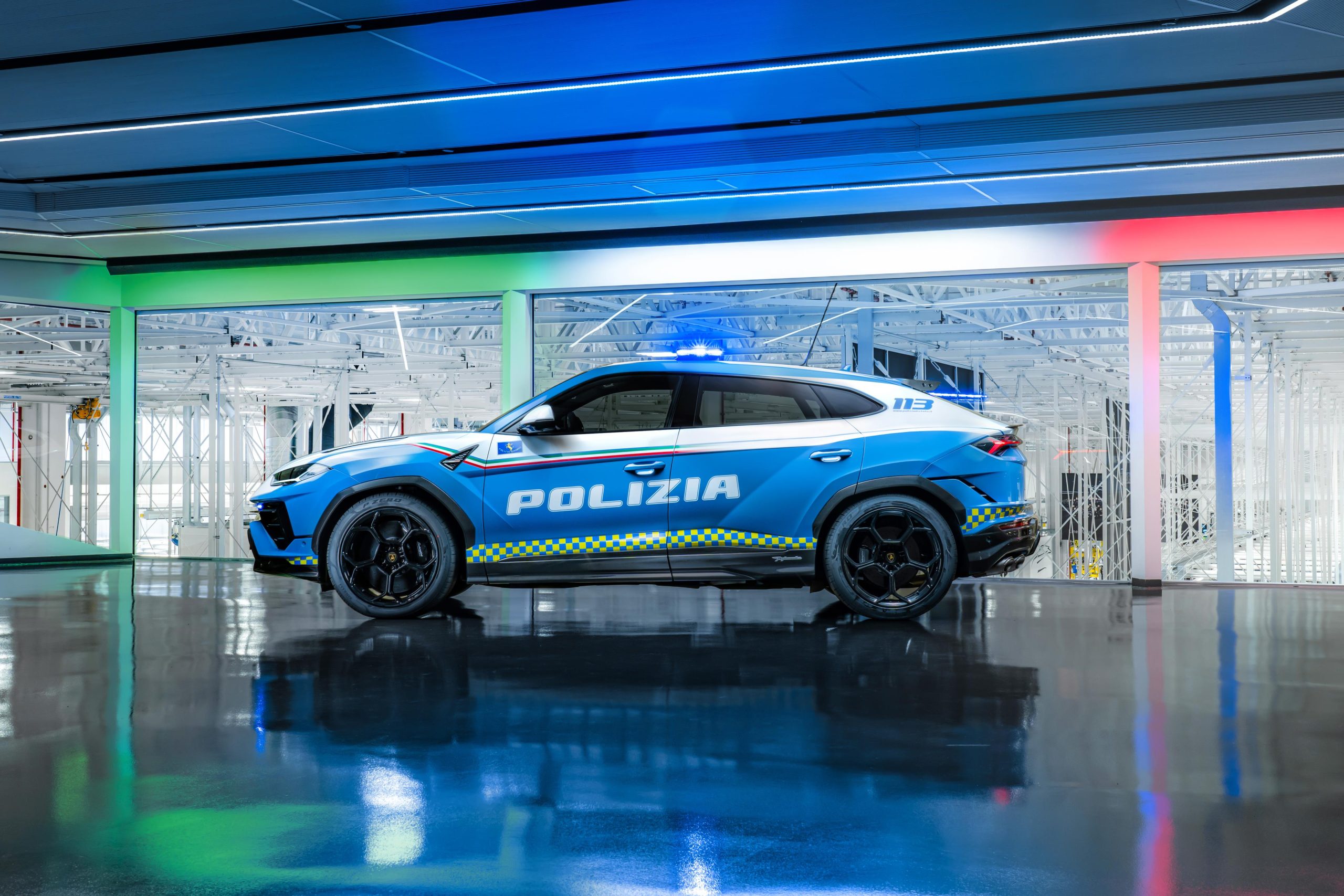
Comparative Analysis
When considering the performance of Lamborghini in the context of speed and market presence compared to other supercars, it is essential to distinguish how these vehicles compete on the basis of top speed and their position in the automotive market.
Lamborghini vs Competitors
Lamborghini’s notable speed is a key attribute when comparing it to other high-performance vehicles. For instance, the Lamborghini Sian boasts a 0 to 100 km/h acceleration time of 2.8 seconds and a top speed exceeding 350 km/h. In the landscape of supercars, this puts Lamborghini in direct competition with other manufacturers like Bugatti, whose Chiron Super Sport 300+ has broken records with speeds over 490 km/h. It is clear that Lamborghini’s models demonstrate significant speed, yet they are typically outpaced by select top-tier competitors in terms of maximum velocity.
Top Speeds and Market Position
Top Speeds of Selected Models:
| Model | Acceleration (0-60 mph) | Top Speed |
|---|---|---|
| Lamborghini Sian | 2.8 seconds | >350 km/h |
| Lamborghini Urus | 2.8 seconds | 190 mph |
| Lamborghini Aventador | 2.9 seconds | 217 mph |
| Bugatti Chiron Super Sport 300+ | <2.4 seconds | >490 km/h |
Top speeds are a considerable factor in defining a supercar’s reputation and Lamborghini holds a strong position with models like the Aventador reaching up to 217 mph. These speeds place Lamborghinis among the fastest cars available, although other supercars, especially the Bugatti models, eclipse these numbers in absolute terms. However, Lamborghini’s market position is fortified not just by sheer velocity, but by a combination of design, brand prestige, and engineering excellence that make its vehicles highly desirable in the competitive sector of luxury sports cars.
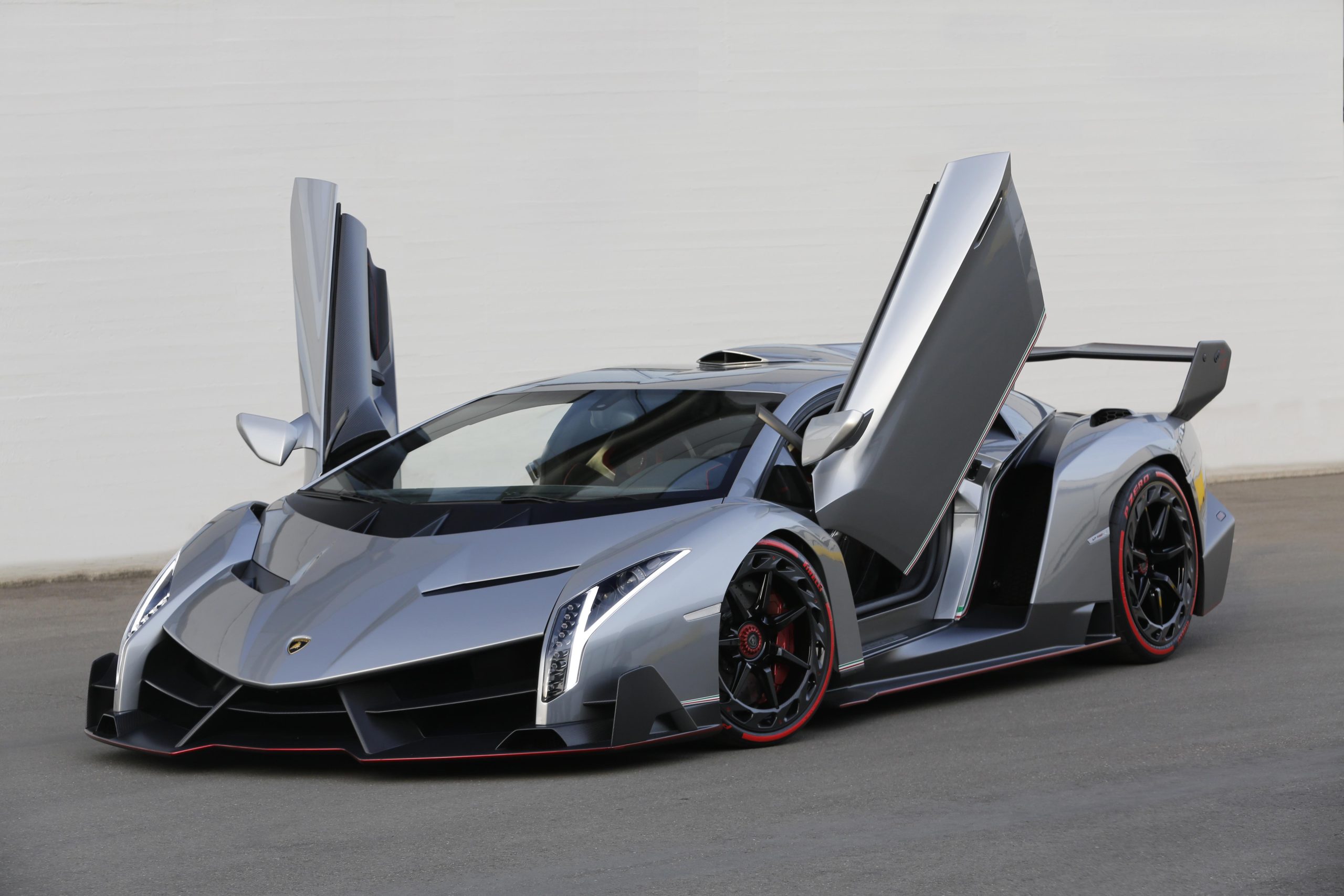
Concluding Thoughts on Lamborghini’s Legacy
Lamborghini represents the pinnacle of exotic and high-performance vehicles. Known for combining impressive speed with stunning designs, their cars symbolize prestige in the automotive world. A Lamborghini isn’t just a production car; it’s a statement of innovation and engineering prowess.
From the very first models to the latest releases, Lamborghini has consistently introduced cars that stand out on the road-going market. With powerful V12 engines, Lamborghinis have always been associated with raw performance and speed, capable of reaching speeds well above 200 mph. They go from zero to sixty in staggeringly low times, making them some of the fastest cars available.
The Lamborghini legacy is not just about speed; it’s an embodiment of a relentless pursuit of perfection. Each model is a product of meticulous design and revolutionary technology, firmly establishing Lamborghini’s legacy as a pioneer in the automotive industry.
The bold designs, such as seen in the iconic Murciélago, have turned these cars into more than just modes of transport; they are symbols of art and beauty in motion. The marriage of style, power, and performance continues to enthral enthusiasts and experts alike.
In celebrating their 60-year journey, Lamborghini remains dedicated to pushing the boundaries with every new model, ensuring that its name is synonymous with excellence and extraordinary driving experience in the world of luxury sports cars.
How Fast Can A Lamborghini Go? – FAQs
How fast can a Lamborghini go top speed?
Lamborghini is a manufacturer known for producing some of the fastest cars in the world, each creation more impressive than the last in terms of pure velocity. The brand’s commitment to speed is evident in every model it releases.
- Lamborghini Aventador Ultimae: With an awe-inspiring top speed of 221 mph, the Lamborghini Aventador Ultimae stands at the pinnacle of Lamborghini’s engineering achievements. This ultimate iteration of the Aventador line marries raw power with refined aerodynamic design, establishing it as the Lamborghini with the highest top speed.
- Performance Across Models: Lamborghini models are synonymous with speed, and their performance on the track is where they truly shine. The Automobili Lamborghini engineers tirelessly work to enhance vehicle aerodynamics and engine output, ensuring that each model is capable of achieving extraordinary speeds.
Here are some of the top-tier speed achievements of various Lamborghini models:
| Lamborghini Model | Top Speed (mph) |
|---|---|
| Lamborghini Aventador Ultimae | 221 |
| Lamborghini Huracán Performante | 218 |
| Lamborghini Centenario LP 770-4 | 217 |
| Lamborghini Aventador SV LP750-4 | 217 |
| Lamborghini Huracán EVO | 202 |
These top speeds indicate Lamborghini’s dedication to pushing the boundaries of automotive performance. Each model is a display of power and speed, grounded in meticulous engineering and state-of-the-art technology. With most modern Lamborghinis equipped with advanced all-wheel drive and dual-clutch 7-speed automatic transmissions, stability and swift gear shifts contribute to reaching these remarkable speeds.
The fastest Lamborghinis are not just about unparalleled velocity. These vehicles embody the brand’s history of challenging the automotive status quo through exceptional design and engineering prowess. They are not just machines; they represent the meeting point of art and adrenaline for enthusiasts and critics alike.
What is the fastest Lambo?
Lamborghini’s lineup has always been associated with speed and power. Among these high-performance vehicles, the Lamborghini Veneno stands out. With a 750 horsepower engine, the Veneno can sprint to 60 mph in a mere 2.5 seconds. Its top speed is equally as remarkable, reaching up to 221 mph.
The Lamborghini Sian also deserves mention with its hybrid technology enhancing its speed capabilities. It achieves 0 to 62 mph in 2.8 seconds and has a top speed of over 217 mph. Both models are representative of Lamborghini’s commitment to combining speed, design, and cutting-edge technology.
For enthusiasts and potential buyers, the Lamborghini Huracan EVO RWD offers an accessible yet still lightning-fast option. While it’s not the fastest in the Lamborghini family, it clocks in at a respectable 3.3 seconds for the 0 to 62 mph benchmark, starting at a price point that brings Lamborghini’s race-inspired thrills to a wider audience.
These models exemplify Lamborghini’s position in the high-performance sports car market, demonstrating their ability to produce vehicles that challenge the limits of acceleration and velocity. Whether it’s for the track or the road, Lamborghini continues to push the boundaries of what’s possible in automotive engineering.
Is A Lamborghini Faster Than A Bugatti?
When comparing the top speeds of Lamborghini and Bugatti vehicles, the current records indicate that Bugatti holds the advantage. Specifically, the Bugatti Chiron Super Sport 300+ achieved an incredible top speed of 304.773 mph (490.484 km/h) in 2019, becoming the first production car to surpass the 300 mph mark. In contrast, Lamborghini’s high-performance Aventador SVJ has a reported top speed of approximately 217 mph (350 km/h).
The high-speed capabilities of these manufacturers’ cars are a result of their dedication to advanced engineering and technological innovation. Bugatti’s exceptional performance is due to its powerful engines and aerodynamic design, which contribute to its superior speed. Lamborghini, while also showcasing impressive speed and design, has not reached the same top speeds in its production cars as Bugatti.
Performance Comparison:
| Vehicle Model | Top Speed |
|---|---|
| Bugatti Chiron Super Sport 300+ | 304.773 mph (490.5 km/h) |
| Lamborghini Aventador SVJ | 217 mph (350 km/h) |
Each brand has unique features that appeal to different aspects of the driving experience beyond just the top speed, such as handling, aesthetics, and brand prestige. Yet, when the sole consideration is maximum velocity, Bugatti emerges as the frontrunner in this specific aspect.
Is Ferrari Faster than Lamborghini?
Performance enthusiasts often debate whether Ferrari or Lamborghini produces faster supercars. These Italian brands are iconic in the automotive world, each with a reputation for speed and power.
When it comes to top speed, certain models from Lamborghini—like the Aventador, for instance—can reach impressive speeds exceeding 350 kilometers per hour (217 mph).
On the other hand, acceleration times are a vital aspect of the performance. For example, the Ferrari Enzo, which boasts a 0 to 60 mph acceleration time of just 3.14 seconds, epitomizes Ferrari’s pursuit of high-speed capability.
Downforce is another factor affecting speed, especially on the track. Aerodynamics play a key role in this, where cars like the Ferrari Enzo generate substantial downforce to maintain stability and increase cornering speeds, which can result in faster lap times.
When comparing individual models side by side, it’s important to look at specific metrics such as:
- Acceleration (0-60 mph)
- Top Speed
- Lap Times (e.g., Nürburgring)
| Metric | Ferrari Example | Lamborghini Example |
|---|---|---|
| Acceleration | 3.14 sec (Ferrari Enzo) | 2.8 sec (Lamborghini model unspecified) |
| Top Speed | 355 km/h (Ferrari model unspecified) | 355 km/h+ (Lamborghini Aventador, for example) |
| Nürburgring Lap | 7:25:21 (Ferrari Enzo) | Lap time for comparable Lamborghini model needed |
Ultimately, answering which brand is faster requires examining these metrics across various models and contexts. Both Ferrari and Lamborghini offer vehicles that excel in different aspects of performance. Ferrari has a rich history of producing fast, track-focused vehicles with intricate aerodynamics for speed and impressive handling. Lamborghini, known for its striking designs, also delivers top-tier speed capabilities, especially in their flagship models like the Aventador. Each brings its own strengths and innovations to the table, making the contest between Ferrari and Lamborghini a highly contested one among speed aficionados.
Is a McLaren faster than a Lamborghini?
When discussing speed capabilities between McLaren and Lamborghini, there are specific models to consider that provide clear performance metrics. The Lamborghini Aventador S boasts a remarkable 6.5L V12 engine and is often benchmarked for its acceleration and top speed. However, when compared with the McLaren 720S, which utilizes a 4.0L Twin-Turbo V8, the conversation becomes more nuanced.
Performance Comparison:
| Aspect | Lamborghini Aventador S | McLaren 720S |
|---|---|---|
| Engine | 6.5L V12 Gas | 4.0L Twin-Turbo V8 Gas |
| Transmission | 7-Speed Automatic | 7-Speed Automatic |
| Drivetrain | All-Wheel Drive | Rear-Wheel Drive |
| 0-60 mph | Approx. 3 seconds | Approx. 2.8 seconds |
The McLaren 720S edges out the Lamborghini in acceleration tests, hitting 0-60 mph slightly quicker. The stark contrast in their drivetrains, with the Aventador utilizing all-wheel drive versus the 720S’s rear-wheel drive, also affects handling and traction which are important aspects impacting speed.
Both the Aventador S and the 720S are leaders in their respective lineups and are emblematic of their brands’ commitment to speed. The numbers suggest the McLaren 720S has superior acceleration, leading one to infer that in a straight line, the McLaren might pull ahead of the Lamborghini. However, top speed, driving conditions, and track design play significant roles in the overall performance, and different models excel in various aspects. Lamborghinis are known for their aggressive designs and power, while McLarens are noted for their advanced aerodynamics and light-weight structures.
It’s essential to recognize that each brand embodies a distinct approach to creating fast cars, resulting in vehicles that offer more than just impressive speed statistics but also unique driving experiences.
You may also like…
How to Draw a Lamborghini: Step-by-Step Guide for Realistic Results

